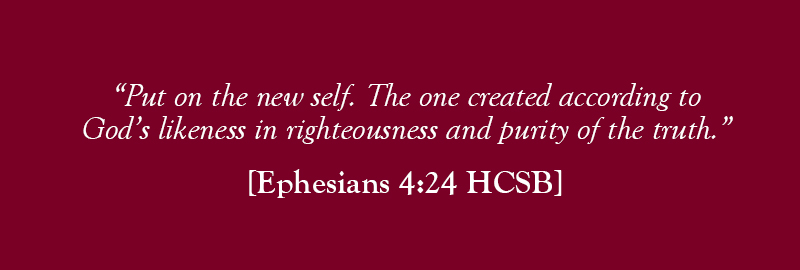|
Swooning
P.G. Wodehouse is arguably the funniest person to ever pick up a pen. Himself a remarkably talented and highly educated man, he loved poking fun at snooty academia. Artists, especially writers, received some of his richest satire. In one story*, the unlikeable antagonist has penned a line which sparks swooning in the pseudo-intelligentsia who are convinced the line has deep meaning just beyond their reach. Most horribly, his one line has captivated the attention of a lovely young woman. The line is:
across the pale parabola of joy…
Absurd
The protagonist of the tale shows that the line is absurd. It has no meaning. His revelation causes scales to fall from the eyes of those who were duped and (in true Wodehouse fashion) wins him the heart of the girl.
Applicable
I thought of that line as we worked through the parables of Jesus. They are neither unreachable nor meaningless, nor do they invite readers to determine their own “truth.” Rather, they are pointed, direct, and applicable. While deep and hidden to those who have chosen deafness, Jesus’ parables are quite understandable to anyone with ears to hear.
Parabole
One of the cleverest aspects of Woodehouse’s story is found in the verbiage. Parabola is a Latin term that came wholesale into English, describing a geometric construction. But old P.G. knew that the original term was coined in Greek as parabole – a comparison or fable that leads to an applicable big idea. It was the literary term that came first, and it always had an absolute meaning. [For the curious, it appears the word parabole was first applied to geometry by Apollonius of Perga in 210 B.C. He described the “application” of a straight line to a curved area.]
The bottom line (sorry for the pun, I couldn’t resist) is that Jesus’ parabole have applicable meaning. They lead somewhere. Don’t get lost skimming along any pale parabolas of joy.
God bless,
Wayne
* Leave It To Psmith, which also contains this hilarious, evocative, and brilliant sentence: “A depressing musty scent pervaded the place, as if a cheese had recently died there in painful circumstances.”





